Infection and Immunity nieuws
Mar 22: Aspirin may improve 3-month survival for patients critically ill with COVID-19
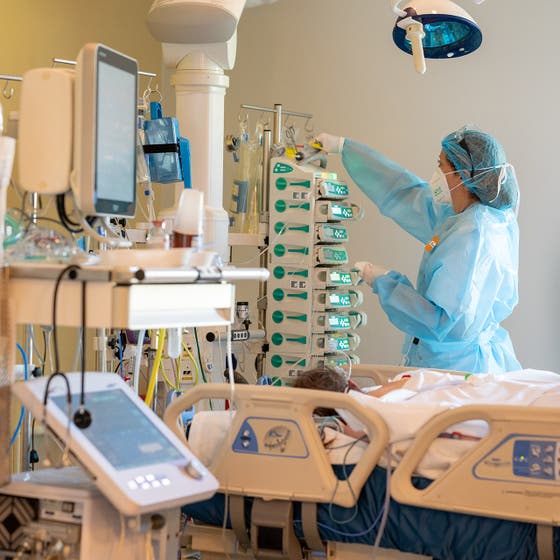
Antiplatelet drugs such as aspirin have little effect on the need for life support in COVID-19, but they may improve survival in the following months according to the latest results from the international REMAP-CAP study.
Read moreMar 17: Immune inhibitory receptors in host-microbe interaction
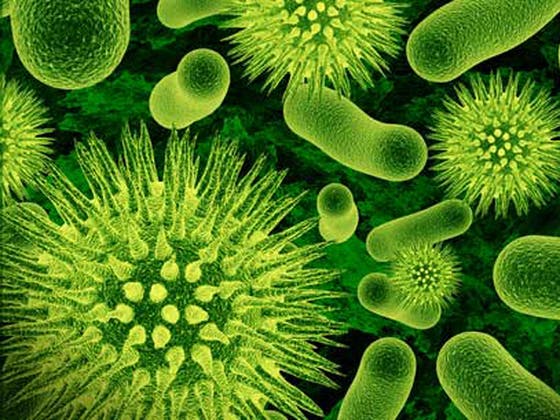
PhD research by Matevž Rumpret at UMC Utrecht has identified two new groups of ligands for one of the inhibitory receptors on immune cells for which until now no ligands were known. It was also demonstrated that inhibitory receptors on immune cells perform different functions in different situations, and that not all inhibitory receptors perform the same functions. Rumpret therefore proposes that some inhibitory receptors may recognize molecular patterns analogous to how activating receptors recognize them.
Read moreMar 16: What if HIV could be cured . . .

Scientists at UMC Utrecht set out to find out what the consequences would be of a possible HIV cure for people living with HIV and for people who are vulnerable to HIV but do not yet have HIV. This is important so that health care providers can prepare for the day when an HIV cure becomes a reality.
Read moreMar 15: Improved patient targeting for better osteoarthritis drug development
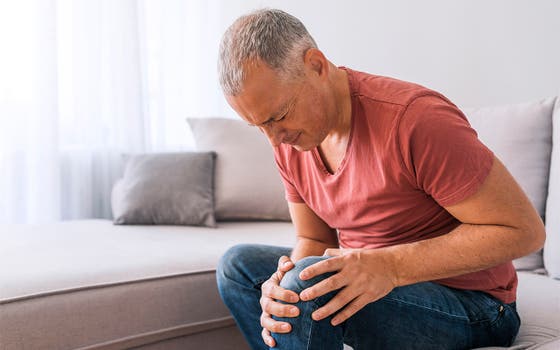
To increase the success rate in the search for effective osteoarthritis treatments, rheumatologists have to better distinguish between the different disease phenotypes. This will contribute to personalized drug development which allows to treat osteoarthritis patients more specifically for their individual underlying cause, concluded Eefje van Helvoort (UMC Utrecht) in her PhD thesis that she defended on March 15, 2022.
Read moreMar 8: Janneke van de Wijgert appointed Chief Science Officer Infectious Diseases at RIVM

Translational infectious diseases investigator prof. Janneke van de Wijgert (Julius Center) has been appointed Chief Science Officer (CSO) Infectious Diseases at National Institute for Public Health and the Environment (RIVM) as of 1 March 2020. She will fulfill this part-time position in addition to her academic duties as a scientific researcher and professor of epidemiology of infectious and immune-mediated diseases at UMC Utrecht.
Read moreFeb 25: Complex set of genes responsible for adaptation and survival of Enterococcus faecium
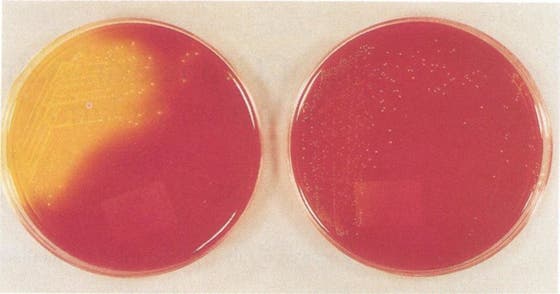
PhD research by Vincent de Maat at UMC Utrecht has revealed new genetic techniques to study the genome of E. faecium and to more easily manipulate its genome to get a better understanding of its gene function. The results show that not a singular gene is responsible for its improved adaptation and survival allowing it to become a successful hospital associated disease, but a complex set of genes which are largely present across E. faecium strains.
Read moreFeb 24: How mathematical modelling contributes to control of infectious diseases

Mathematic modeling has recently demonstrated that a broad range of non-pharmaceutical interventions may contribute to preventing dissemination of infectious diseases in both pandemic and non-pandemic situations. In particular, hand hygiene, use of face masks, physical distancing, quarantine, isolation, regular screening and contact tracing have all shown to be valuable, powerful instruments in the toolbox of public health officials, concludes Thi Mui Pham, who received her PhD on February 23 in Utrecht.
Read moreFeb 24: People still die from chronic Q fever

The largest global Q fever outbreak ever took place in the Netherlands between 2007 and 2011, and is still resulting in deaths. This is evident from the latest update of the National Chronic Q fever Database in which 116 deaths were reported in the latest update, compared to 95 in 2018. At that time, a very large number of people became infected with the Q fever bacterium Coxiella burnetii. Q fever is caused by this bacterium that passes from animals to humans, a so-called zoonosis. In most people the bacteria disappear from the body, but not in everyone. In that case we speak of chronic Q fever.
Read moreFeb 23: New insights in the regulation of inflammation and fibrosis in systemic sclerosis

Several proteins of interest have been identified and characterized that are thought to play a role in the immune and fibrotic processes that occur in patients with systemic sclerosis. These proteins are potential new therapeutic targets that may offer new opportunities for the treatment of patients with SSc, says Tiago Carvalheiro who defended his PhD thesis in Utrecht on February 22.
Read moreFeb 21: Antibiotics after birth affects gut microbes of babies, study finds
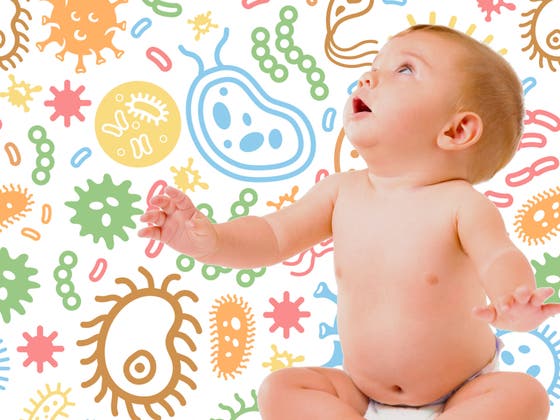
Treating babies with antibiotics in the first week of life is linked with a decrease in healthy bacteria necessary amongst others to digest milk and an increase in antimicrobial resistance, research suggests. Experts say that clinicians should consider using antibiotics in a way that causes least harm to the newborns microbiome - the community of microbes that live in our body.
Read more